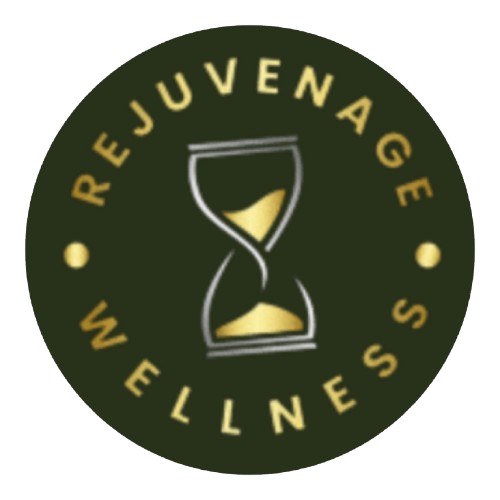30-60 Year Olds
Key Health Solutions
Reaching age 40—or even 30—can increase the risk of chronic diseases like heart disease and type 2 diabetes, which contribute to stress and loss in families. Many younger individuals are experiencing serious health issues due to poor lifestyle choices, but proper health coaching, personal training, and nutrition counseling can help.
Key Concepts for Prevention
- Regular health check-ups and awareness of personal risk factors.
- A structured plan to improve health markers like A1C, blood pressure, and weight.
- Lifestyle changes, including losing just 10% of body weight, to reduce disease risk.
Next Steps
- Schedule a physical, check bloodwork and blood pressure.
- Take necessary medications with a goal of reducing dependency.
- Work with a health coach to set and achieve health goals.



Physical Health Solutions for 30-60 year olds
A physical therapist’s exam can uncover the root causes of pain, including muscle knots, flexibility or strength deficits, and biomechanical imbalances that create strain on the body. Evaluating movements like walking, bending, and running helps identify issues affecting performance and recovery. Pain isn’t always caused by the most obvious source—imbalances in other areas may contribute, and addressing all factors is essential for full recovery and an active lifestyle. Many people over 30 experience joint pain, but arthritis findings on X-rays don’t always explain symptoms, making a PT evaluation crucial before relying on medications or surgery. Dr. Rick’s Over 40 Performance Rx video offers guided workouts to regain athletic ability and slow aging, while physical therapy can help restore movement, prevent chronic pain, and improve overall function.

Emotional Health Solutions for 30-60 year olds
Life’s responsibilities—raising a family, managing a career, and caring for aging parents—can be overwhelming. Adding the responsibility of caring for a loved one with a disability or illness increases stress, leading to potential emotional and physical health issues. Caregivers are at higher risk of depression, anxiety, and guilt, especially when making difficult decisions, such as transitioning a loved one into a care facility. Common signs of caregiver stress include sleep loss, changes in eating habits, anxiety, anger, and apathy. To maintain emotional well-being, caregivers must prioritize self-care through coping mechanisms such as meditation, exercise, social support, and professional help when needed. Staying in touch with a healthcare provider is also essential to prevent burnout.
